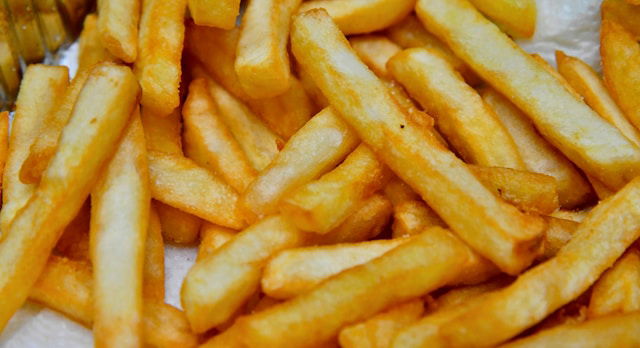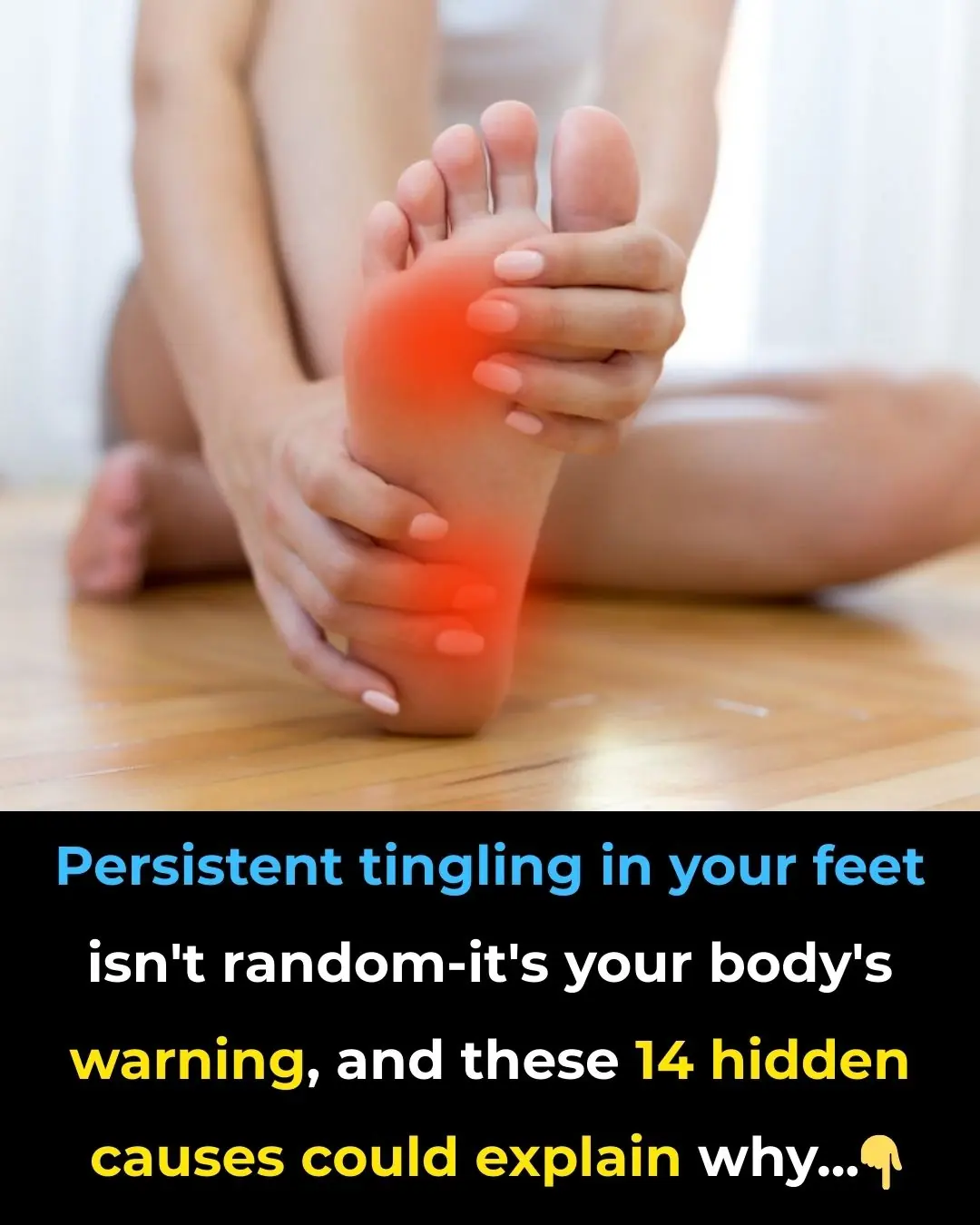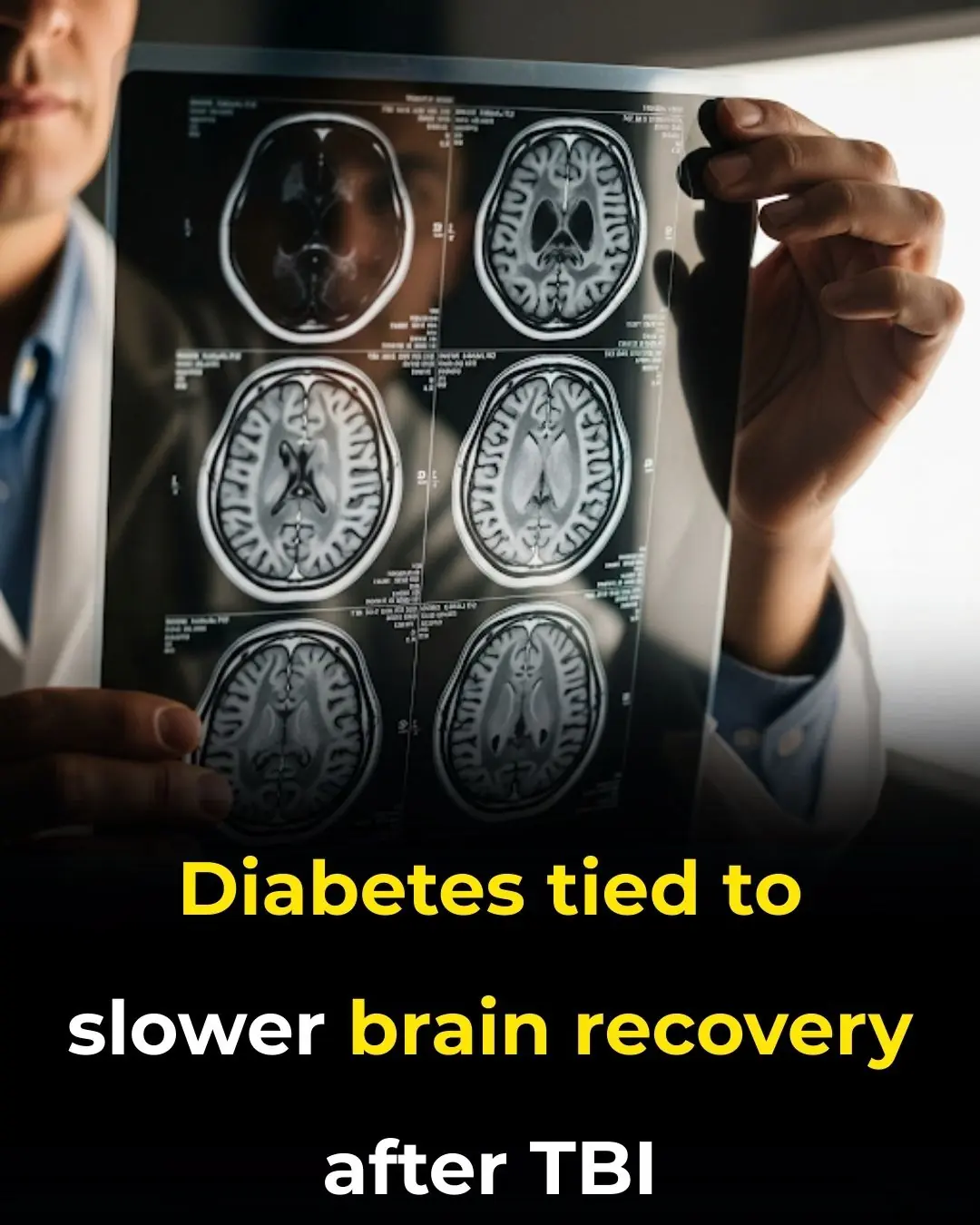
6 Harmful Foods That Weaken Calcium Levels
Calcium is not just essential for building strong bones and teeth—it also plays a critical role in keeping your heart beating steadily, your muscles contracting properly, and your nerves transmitting signals efficiently. In short, without sufficient calcium, your body cannot perform some of its most vital functions.
According to the Cleveland Clinic, calcium is the most abundant mineral in the human body. Over 99% of it is stored in your bones and teeth, where it provides structural support and resilience. The remaining 1% may seem small, but it’s absolutely crucial. This portion circulates in your blood and tissues, helping regulate muscle function, nerve activity, and hormone release.
However, the body cannot produce calcium on its own—it must come from your diet or supplements. While many foods are naturally rich in calcium (like dairy products, leafy greens, and fortified drinks), some surprisingly common foods can interfere with your body’s ability to absorb or retain calcium, ultimately weakening your bones over time.
Here are six calcium-depleting foods you should be aware of—and what you can do to limit their impact.
1. Soda and Soft Drinks

Sodas, particularly colas, are one of the biggest threats to bone health. These sugary beverages often contain phosphoric acid, a compound that interferes with the absorption of calcium in your digestive tract. When your body can’t absorb enough calcium from food, it pulls what it needs from your bones—leading to gradual bone loss.
Furthermore, the high sugar content in sodas contributes to inflammation, which has been linked to reduced bone density. Multiple studies have associated regular soda consumption with a higher risk of fractures, particularly in older adults and postmenopausal women.
✅ Better choices: Replace soda with herbal teas, sparkling water infused with lemon or berries, or calcium-fortified water. These options hydrate your body and protect your bones.
2. Salt and Sodium-Rich Processed Foods

Too much salt in your diet increases the amount of calcium excreted through your urine. Over time, this calcium loss can lead to thinner, weaker bones and a heightened risk of developing osteoporosis.
High-sodium foods include processed snacks, fast food, canned soups, instant noodles, and many frozen meals. Even "healthy-looking" options like veggie burgers or plant-based meat substitutes can contain a surprising amount of sodium.
✅ What to do: Read labels carefully and aim to stay below 2,300 mg of sodium per day (or 1,500 mg if you're at risk of hypertension). Use herbs, spices, garlic, or lemon juice to season your meals instead of salt.
3. Caffeine from Coffee, Tea, and Energy Drinks

Caffeine—found in coffee, black and green tea, energy drinks, and chocolate—can mildly increase calcium loss through urine. While this loss isn’t extreme in moderate doses, consuming large amounts daily (especially more than three cups of coffee per day) may put you at risk for lower bone density over time.
The risk is even greater if your calcium intake is already low. Caffeine also has a mild diuretic effect, which may lead to dehydration, further affecting mineral balance.
✅ How to protect your bones: Keep caffeine intake moderate, and be sure to include calcium-rich foods like Greek yogurt, cheese, or fortified almond milk in your diet to offset any loss.
4. Alcohol and Bone Health

Drinking alcohol in moderation may not significantly harm your bones—but excessive alcohol intake is a different story. Heavy alcohol consumption disrupts the function of osteoblasts (cells responsible for bone formation) and impairs calcium absorption in the intestines.
Additionally, alcohol reduces vitamin D levels, a nutrient necessary for proper calcium metabolism. When vitamin D is low, your body can’t absorb enough calcium even if your intake is adequate.
✅ Guidelines to follow: Limit alcohol to one drink per day for women and two for men. If you drink occasionally, pair your meals with foods rich in both calcium and vitamin D, like salmon, sardines, or fortified cereals.
5. Red Meat and Processed Meats
Red meats and processed meats (like sausages, bacon, ham, and hot dogs) are typically high in phosphorus. While phosphorus is an essential mineral, having too much—especially without balancing it with adequate calcium—can interfere with bone metabolism.
These foods also tend to be high in sodium and saturated fat, which can contribute to inflammation and increase calcium loss over time.
✅ Smarter protein sources: Limit processed meats and opt for lean proteins like chicken, turkey, eggs, tofu, beans, and lentils. These choices offer protein without compromising your bone health.
6. Spinach, Rhubarb, and Other Oxalate-Rich Foods
Spinach and rhubarb are often seen as healthy options—and they are, in many ways. However, these vegetables are high in oxalates, natural compounds that bind to calcium in the digestive tract, making it harder for your body to absorb the mineral effectively.
This doesn’t mean you need to eliminate them entirely, but relying on spinach as a primary calcium source can be misleading, as much of that calcium goes unused.
✅ Tip: Pair high-oxalate foods with low-oxalate calcium sources like broccoli, kale, bok choy, or collard greens. These vegetables are rich in calcium that your body can actually absorb.
Why Protecting Calcium Matters More Than You Think
Calcium’s importance goes far beyond bone health. It’s involved in heartbeat regulation, muscle movement, nerve transmission, and blood clotting. When your body doesn’t get enough from food or supplements, it draws the calcium it needs from your bones. Over time, this weakens the skeleton and raises your risk for osteopenia, osteoporosis, and fractures.
The key to maintaining strong bones is balance—getting enough calcium, avoiding excess calcium-depleting foods, and living a lifestyle that supports long-term bone strength.
✅ Simple Ways to Support Your Calcium Levels Daily:
-
Eat calcium-rich foods like dairy, fortified plant milks, almonds, sardines, tofu, and leafy greens
-
Take a calcium supplement if recommended by your doctor
-
Get adequate vitamin D from sunlight or fortified foods
-
Engage in weight-bearing exercises like walking, strength training, or yoga
-
Limit your intake of caffeine, alcohol, salt, and processed foods
Conclusion:
Your bones are living tissue that change constantly. To keep them strong and functional for life, it’s essential to pay attention not just to what supports calcium—but also what undermines it. By avoiding or minimizing calcium-harming foods and making smarter dietary choices, you can preserve your skeletal strength and support your overall health well into the future.
News in the same category


Dogs Able to Sniff Out Parkinson’s Before Symptoms Appear

14 hidden causes of tingling feet (and what to do)

At last — how to detox the brain naturally

5 Blood Clot Facts Doctors Want You to Know

8 Foods That Help Lower Your Cholesterol

How to Use Castor Oil to Regrow Eyelashes and Eyebrows

Scientifically Proven Health Benefits of Avocado and Avocado Seeds

Experts Say They’ve Pinpointed the Cause of Autism—And It Could Lead to New Treatments

Scientists Say Cancer Can Now Be Detected Years in Advance with Simple Blood Test

Final straw that led to billionaire CEO's desperate escape from Japan inside 3ft box

10 Early Warning Signs Your Blood Sugar Is Way Too High

If Your Legs Cramp at Night You Need to Know This Immediately

Warning Signs Your Body Is Full of Parasites and How to Effectively Eliminate Them Naturally

Warning Signs of a Parasite Infection And How to Eliminate It for Good

What Raw Garlic Can Do for Your Health Is Truly Unbelievable

Diabetes Tied to Slower Brain Recovery After TBI

Neuropathic Pruritus Has High Comorbidity Burden, Varied Treatment Responses
News Post

Eating More Cruciferous Vegetables May Cut Colon Cancer Risk

Dogs Able to Sniff Out Parkinson’s Before Symptoms Appear

14 hidden causes of tingling feet (and what to do)

At last — how to detox the brain naturally

5 Blood Clot Facts Doctors Want You to Know

8 Foods That Help Lower Your Cholesterol

8 Common Reasons For Waking Up at Night

How to Use Castor Oil to Regrow Eyelashes and Eyebrows

Scientifically Proven Health Benefits of Avocado and Avocado Seeds

Experts Say They’ve Pinpointed the Cause of Autism—And It Could Lead to New Treatments

Scientists Say Cancer Can Now Be Detected Years in Advance with Simple Blood Test

You Can Adopt Puppies That Were ‘Too Friendly’ to Become Police Dogs

A Nigerian Scientist Developed a High-Tech Cancer-Detecting Goggles That Help Surgeons Spot Cancer Cells More Accurately.

Final straw that led to billionaire CEO's desperate escape from Japan inside 3ft box

Mutant deer with horrifying tumor-like bubbles showing signs of widespread disease spotted in US states

'Frankenstein' creature that hasn't had s3x in 80,000,000 years in almost completely indestructible

Scientists discover ultra-massive 'blob' in space with a mass of 36,000,000,000 suns

When a Washing Machine Shows 7kg, 8kg, or 10kg, Is That the Weight of Dry or Wet Clothes? The Real Meaning Behind These Numbers Is Something That Few People Know
